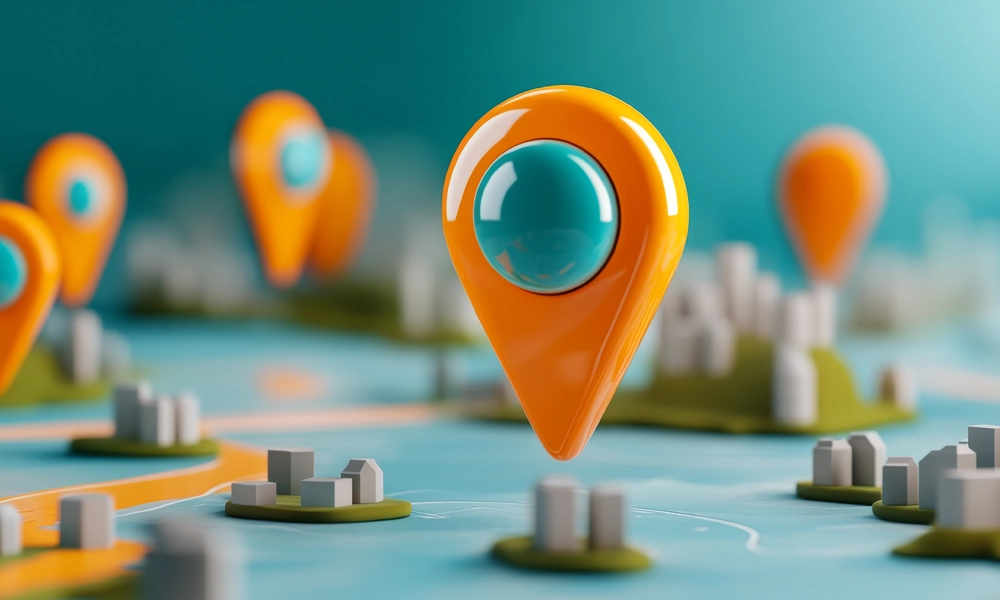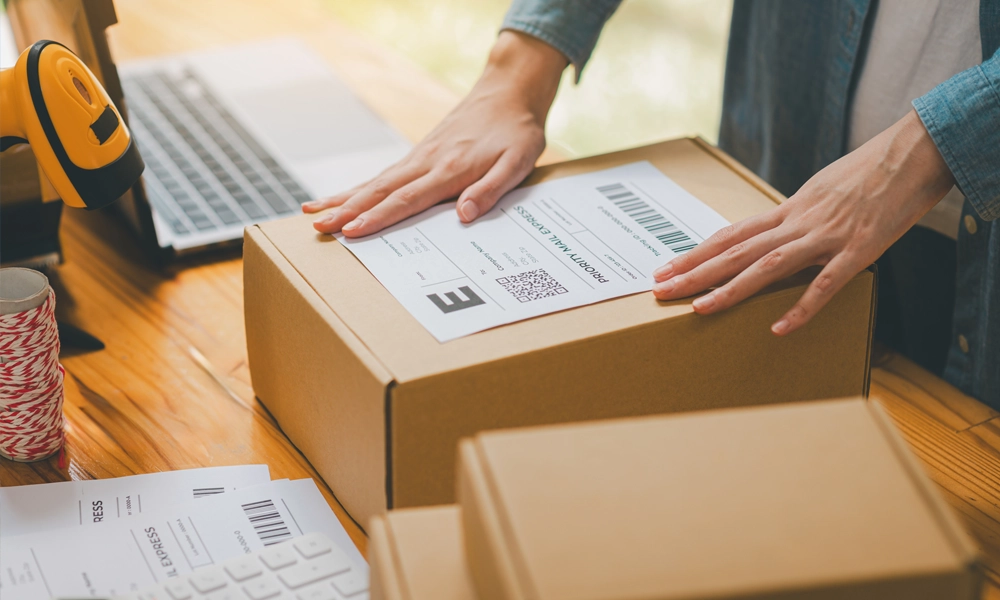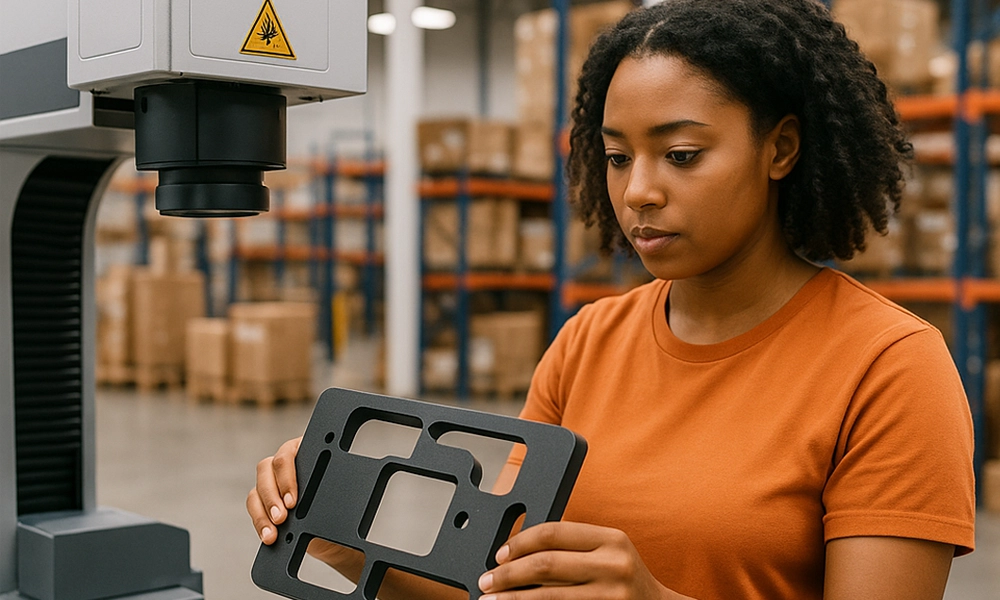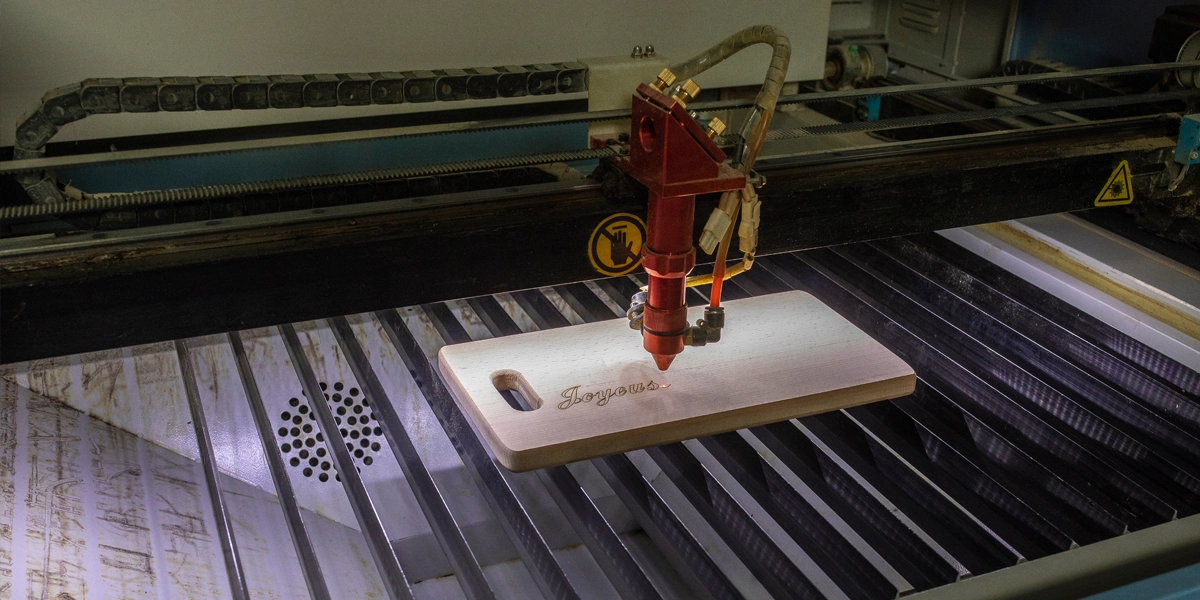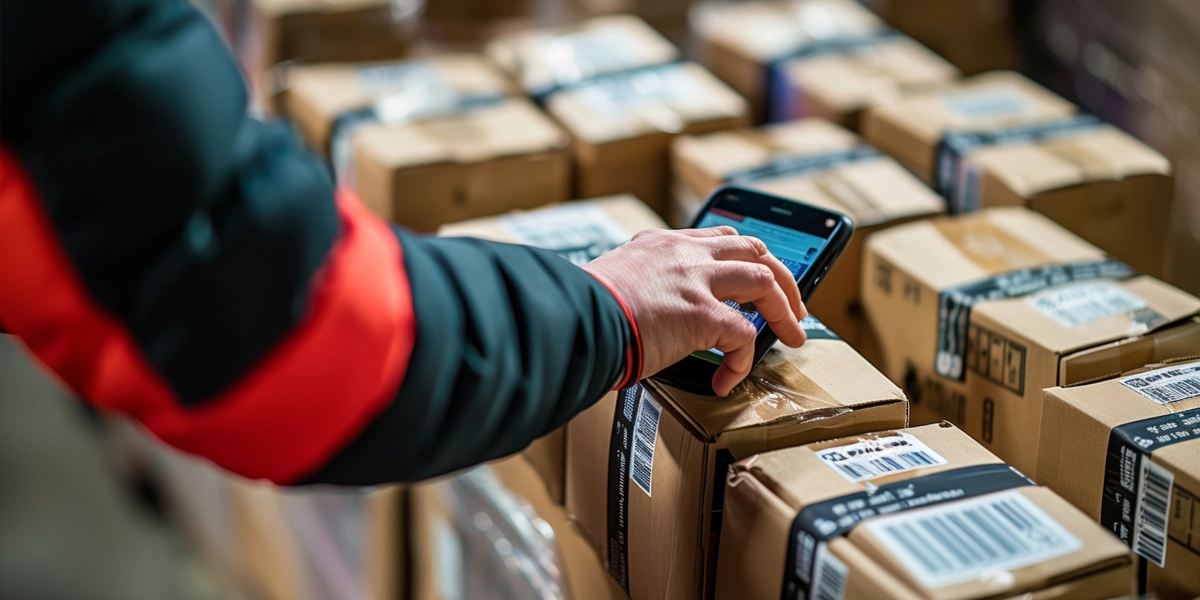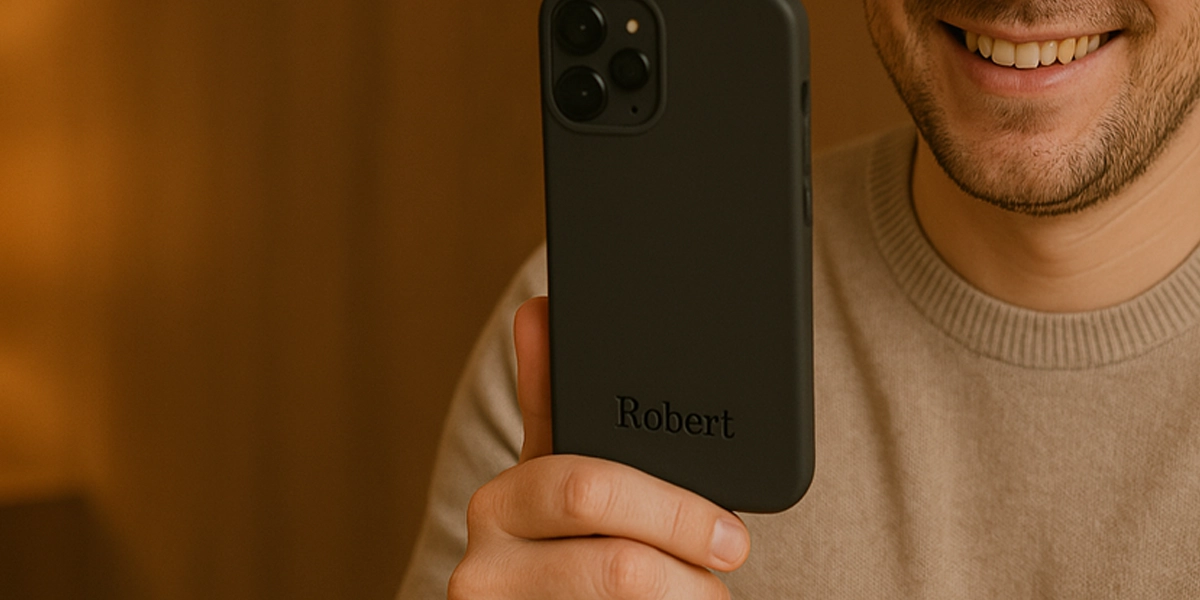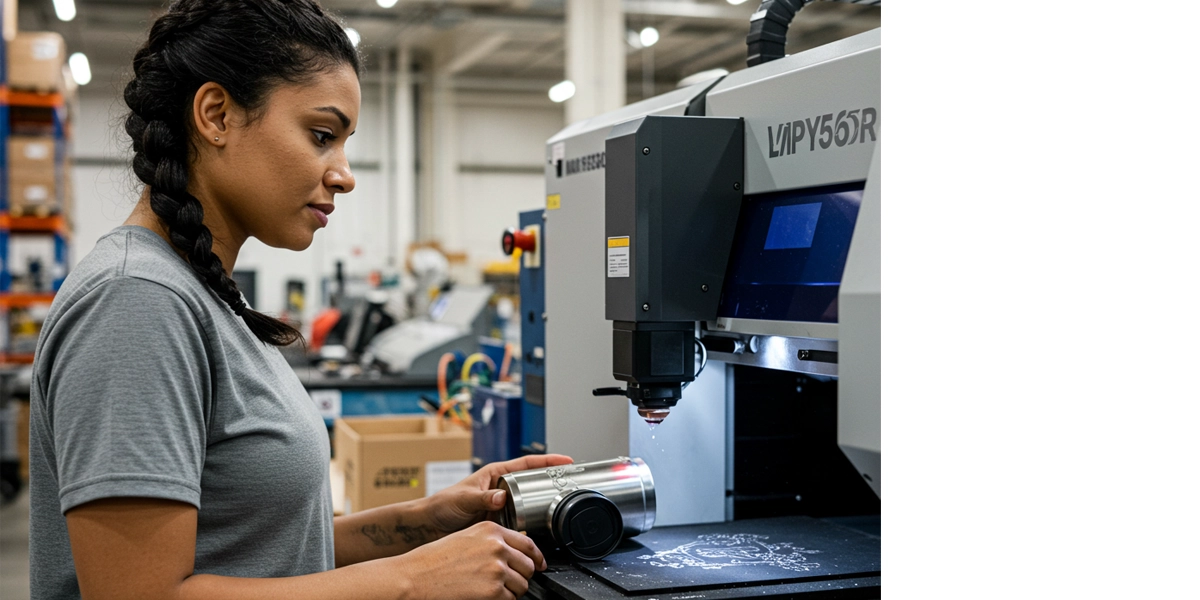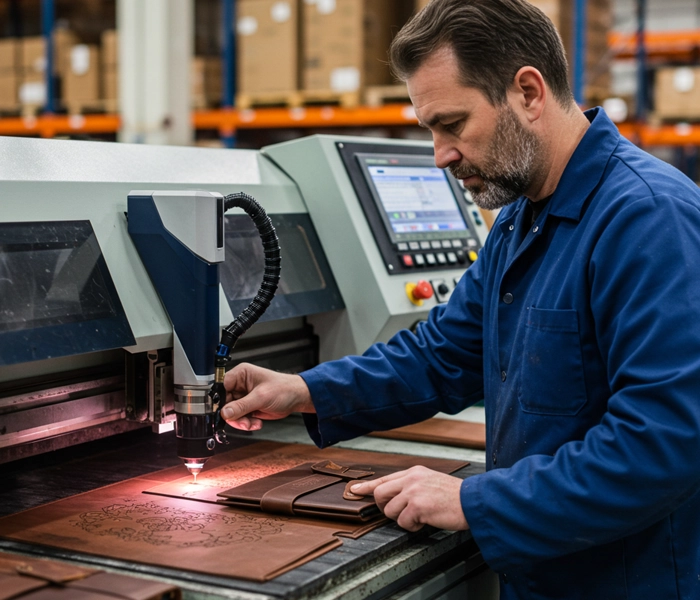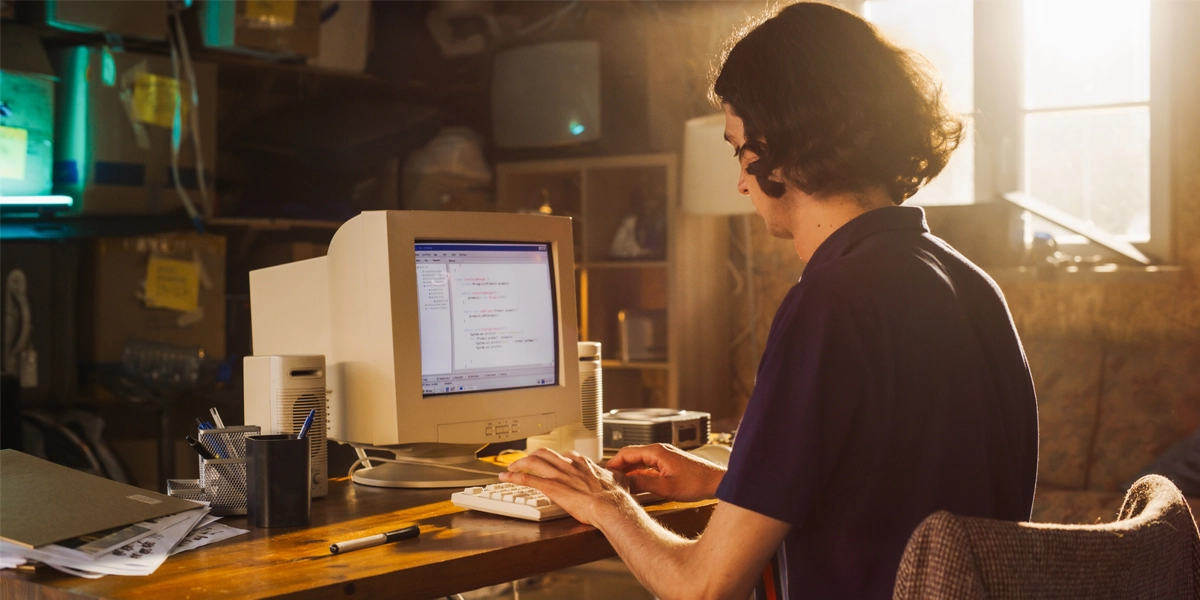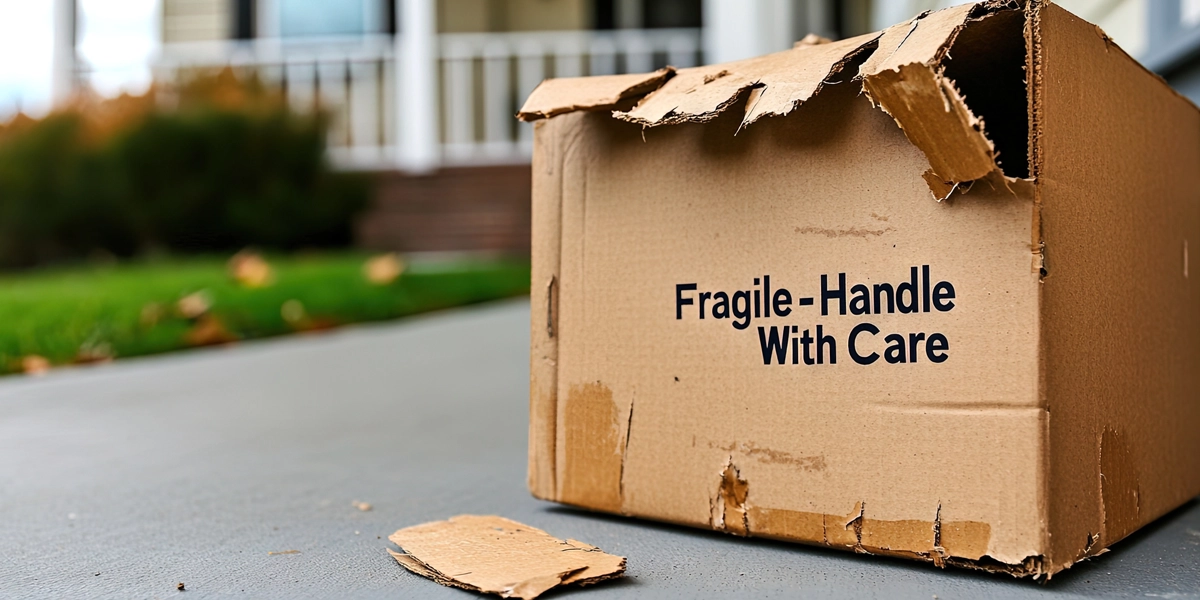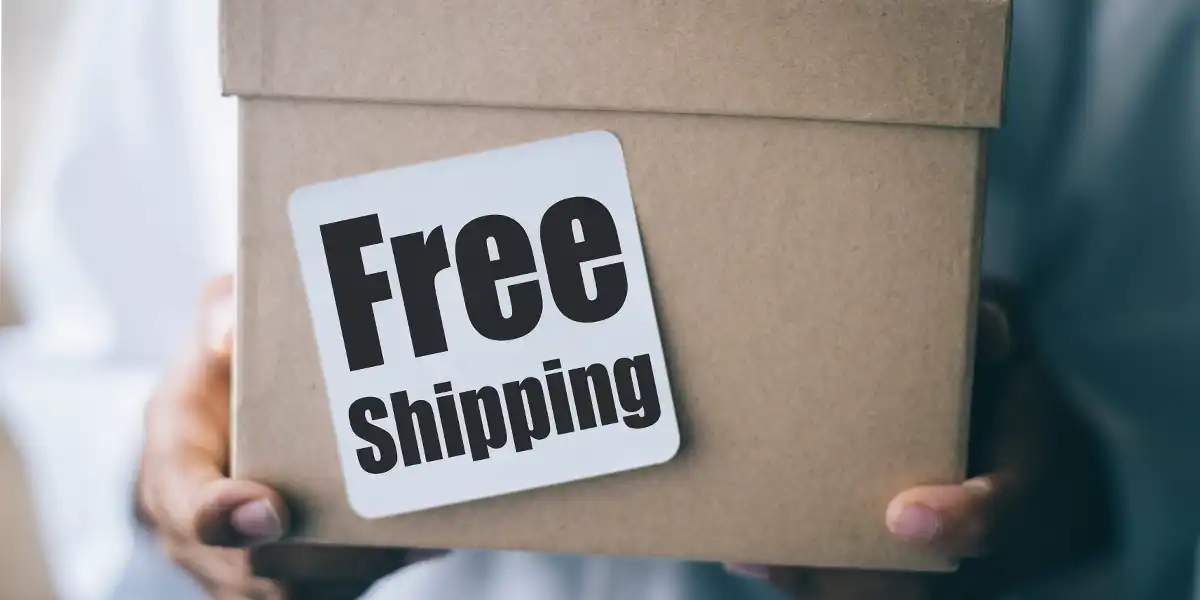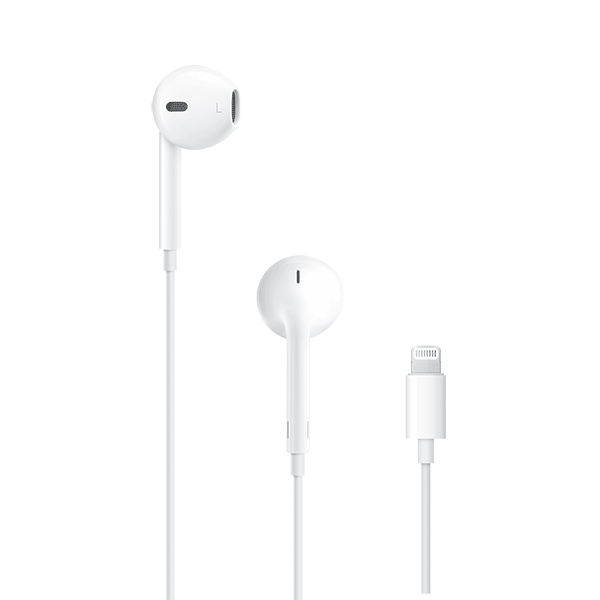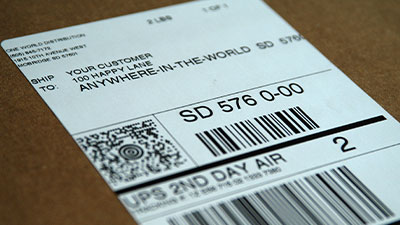In This Article:
Trying to understand all of your customer’s preferences, tastes, and behaviors can feel overwhelming and complicated. Despite the complexity, the need to understand your customers remains a vital part of running a successful business. What’s the secret to figuring out how consumers make decisions? Consumer psychology.
What is consumer psychology?
The field of consumer psychology helps us understand the patterns of thinking and subconscious psychological factors that shape a customer’s behavior. Consumer psychology is the study of a consumer’s decision making processes as they weigh their perceptions, beliefs, and feelings, in order to understand and explain their purchasing decisions.
When a customer decides which product to buy, they are actually, and sometimes unknowingly, weighing many competing decisions;
- Which one do I prefer?
- Which will my family prefer?
- Which is cheaper? Which is better quality?
- Which product have I heard of before?
- How does the packaging make me feel?
One of the most effective and direct ways of cutting through all the noise and competition for consumer attention is by offering product personalization.
I Made It, So It’s Mine
Product personalization allows your customers to make the product their own. They can customize their product by picking colors, choosing materials, or getting their name embroidered or engraved on the product. Consumer psychology helps us understand why customers so eagerly seek out this service.
Humans have a strong desire to connect and express themselves. We develop emotional bonds with the things that matter to us the most. Allowing your customers to personalize your products helps them to form attachments, fulfilling a psychological need and resulting in higher overall satisfaction. By offering product personalization, the customer not only becomes more satisfied with the product, but with your entire business.
According to a 2020 study, “60.9% of all the respondents identified that they would definitely feel a sense of attachment” to products that they had personalized. Furthermore, “65% felt that the final product expressed themselves and 58% enjoyed participation. 96% felt either one of them.”
This highlights a crucial advantage of product personalization as it relates to human behavior. Allowing your costumers to personalize their product makes them see the product as having more inherent value. This leads to increased customer satisfaction and brings us to another key factor in consumer behavior: the brand association.
Positively Personalize
It is hard to understate the importance of positive brand associations and understanding how impactful they can be on your businesses success. Earlier we discussed the dozens of decisions going through a customer’s mind when they are deciding which product is right for them. Positive brand associations help guide them to making their decision with confidence.
Positive brand associations are not only important for making the initial sale, but can also help in two crucial areas important to growing a business:
- Customer satisfaction
- Customer loyalty
When a customer has a positive association with your brand, they are more likely to repeat their business and recommend it to others. In fact, a study by McKinsey has found that, “60% of consumers say they’ll become repeat customers after a personalized shopping experience.” Product personalization is clearly an important tool in increasing customer loyalty by forging strong, positive brand associations, but it also has the power to do something equally important, and that is create a unique brand identity.
Building Value with Your Customers
Understanding how consumers behave is easier when we understand their personality or identity. Creating a strong brand identity is equally important for businesses. A well defined brand identity will attract customers who align with the brand’s values or feel that the brand is likely to carry the type of products they’re looking for. For example, a fisherman is more likely to buy his fishing gear at a business that presents itself sporty and outdoorsy.
Adding personalization to your business will not only help shape its identity, but it will guide more consumers to your business, and increase the business you do with existing customers. According to Deloitte, “more than 50% of consumers choose, recommend, and pay more for brands that offer a personalized service.”
You can see how personalization can add value. Businesses around the world are discovering the same thing, and adding product personalization services to an existing business is a growing trend. Let’s look at a few businesses that have recently cracked the code of consumer psychology to realize all of the aforementioned benefits of product personalization.
When Personalization Pays Off
Kate Spade Saturday
One business that found great success with product personalization was Kate Spade Saturday. It was launched as a subsidiary label of the popular Kate Spade brand, and aimed specifically at women aged 25-35 years old. They knew that personalization was of growing importance to their targeted demographic of young women who wanted to customize their handbags, rather than simply purchase them.
They decided to launch their new Kate Spade Saturday brand with a website featuring a highly customizable handbag feature. Customers were able to manipulate many features of the handbags, such as color and design, on the website before purchasing. “Within a few weeks of launching, the product customization page became the third-most visited page on the e-Commerce site.” By understanding the psychology of their desired consumers, Kate Spade Saturday was able to quickly build a strong, popular brand identity though personalized products.
Wiivv
Wiivv is a startup manufacturing company that specializes in producing personalized insoles for any foot and shoe combination. Customers are required to submit a 3D scan of their foot, allowing them to customize every aspect of their desired product.
In a 2020 profile by the New York Times, Wiivv was highlighted for recognizing the growing demand for personalization among customers. “Orders have doubled year-on-year since the firm began in 2014 and now approach six figures each year.” Not bad for a small company! Wiivv successfully incorporated theories of consumer psychology by making customer participation and personalization the core of their business model. In fact, you could say that product personalization is Wiivv’s business model!
Personalized to Consumer
Every business can study consumer psychology to better understand their customers. Sadly, however, not every business has access to product personalization tools to influence those behaviors. That is, until recently.
A growing trend in e-commerce is the rise of Personalized to Consumer (P2C) fulfillment. These services enable e-tailers to offer product personalization at no added cost to the e-tailor. In fact, P2C fulfillment can help e-tailers make more money because customers will gladly pay a little more for a lot more added value.
Certain fulfillment companies offer these services, such as:
- Embroidery
- Engraving
- Direct to Object printing
By using P2C fulfillment, the business can focus on what is important to them – understanding and making connections with their customers. Adding P2C to your business will help you create a unique and lasting bond with your customers.
How Can You Start Personalizing?
To stand out in a competitive market, businesses should offer product personalization in order to create unique identities, enhance customer attachment, and foster loyalty. Everyone working in e-commerce today must understand the power of using personalization to crack the code of consumer psychology.
Want to get started with product personalization? Then reach out to us at sales@owd.com or give us a call at (866) 289-9010.
In This Article:
Subscribe to our Newsletter
Tincidunt urna mauris eu quam vulputate lobortis sit. Purus feugiat arcu nunc quisque massa ut.



